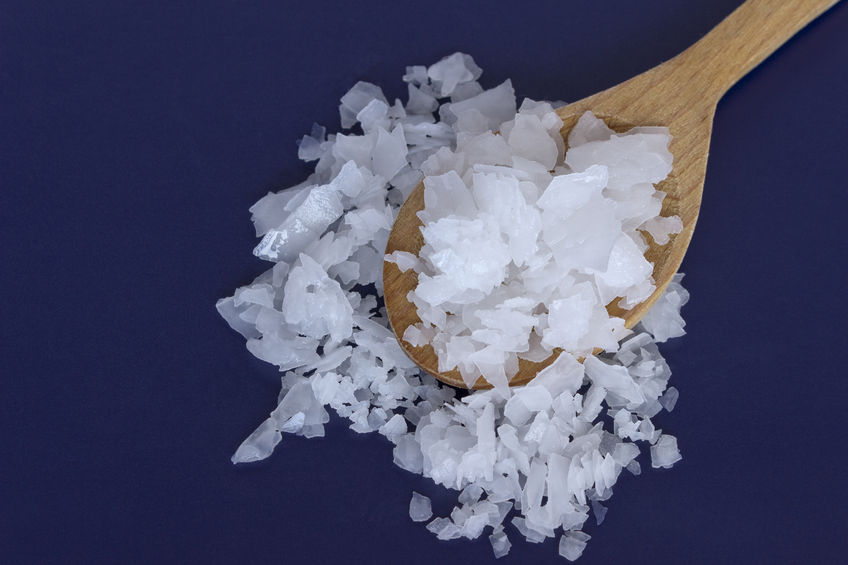
Think about improving the health of your bones, and calcium and vitamin D are the obvious choices that come to mind—but magnesium is just as important, a new study has found.
Older people who have high levels of magnesium in their blood don’t seem to suffer from fractures, while the reverse is true for those with low levels of the mineral, and they are most likely to suffer a hip fracture.
Having higher levels of magnesium reduces the risk of a fracture by 44 per cent, say researchers from the Universities of Bristol and Eastern Finland, who tracked the bone health of 2,245 middle-aged men for 20 years. The 22 men who had the highest levels of the mineral didn’t suffer any fractures during the length of the study.
Relying on the food we eat to raise magnesium levels may not be enough for some people, such as the elderly, those with a bowel disorder, and others taking medication that depletes natural stores of the mineral in the body; for them, taking daily magnesium supplements may be important, say the researchers. However, having low levels of magnesium in the blood doesn’t have any symptoms—until there’s a fracture.
The discovery is important, and could have a big impact on public health costs as fractures are so common in the elderly, and most also seem to suffer from low magnesium levels.
(Source: European Journal of Epidemiology, 2017; doi: 10.1007/s10654-017-0242-2)
Source: www.wddty.com






What’s the safest way to take this?
Apply it topically onto the skin as a gel or a lotion. Even bathing in magnesium flakes can help. This is the fastest and safest way for the magnesium to be absorbed into the body.